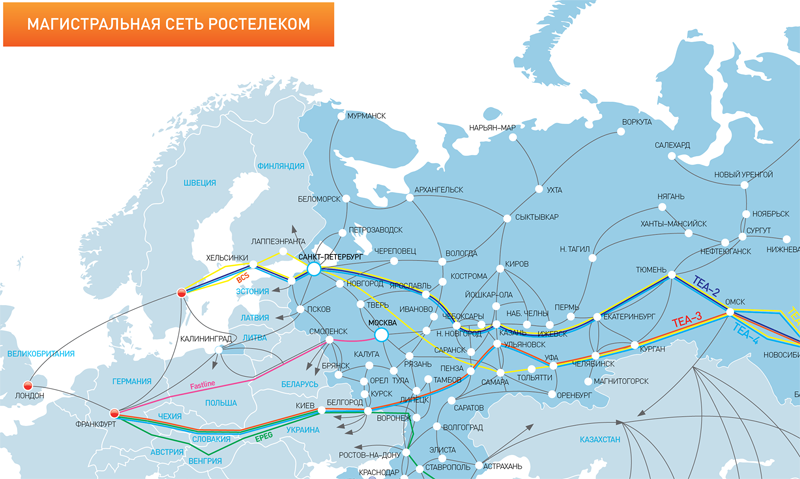The state wants to optimize the infrastructure of the runet in case of disconnection from the outside world

Ensuring the safety and sustainability of the Russian segment in the event of a disconnection from the outside world - this task was set by President Putin to the Security Council at a meeting in the fall of 2014. The meeting discussed the results of exercises on the stability of the work of the RuNet in isolation.
To implement the instructions of the President, the Ministry of Communications and Mass Media has now developed a draft law on state control over the passage of Internet traffic in Russia, Vedomosti reports, which received a copy of the document. The information was confirmed in the Ministry of Communications and Mass Media, as well as in the management of large telecom operators and Internet companies.
The draft provides for amendments to the laws "On Communications" and "On Information, Information Technologies and Protection of Information." The Ministry of Communications and Mass Media offers several ways to monitor traffic on Russian channels.
')
The first is the creation of a registry of IP addresses of the runet and “monitoring the use of global addressing resources and global identifiers of the Internet (DNS and IP addresses)”. The official explained to "Vedomosti" that "because of the chaotic development, the RuNet is very difficult to arrange," and the state must have a clear understanding of the structure in order to protect the RuNet from external attacks. You need to create a backup copy of the RIPE NCC IP address registry so that operators can build traffic routes when the RIPE NCC is unavailable.
The monitoring system will allow analyzing the connectivity between the nodes of the runet and lay backup channels, if necessary.
Secondly, they propose putting international communication channels and traffic exchange points under strict state control. Now there are unaccounted "gray" international communication channels, whose operators have not established SORM and do not fully comply with Russian laws.
According to independent experts, the trunk lines of communication have international crossings in 64 locations on the Russian border. The market of backbone networks in Russia is formed by 10 companies: Rostelecom, Megafon, MTS, Vimpelcom, Transtelecom (TTK), Start Telecom, Rascom, Orange Business Services, RetnNet, TeliaSonera. At the same time, 68% of the industry is controlled by Rostelecom, TTK and Megafon.
For security, traffic exchange points will be entered into the state register and they will oblige operators to use them only so that the internal Russian does not go across the border. Experts believe that the project to create a "single Russian network" will be implemented by Rostelecom.
Source: https://habr.com/ru/post/357002/
All Articles